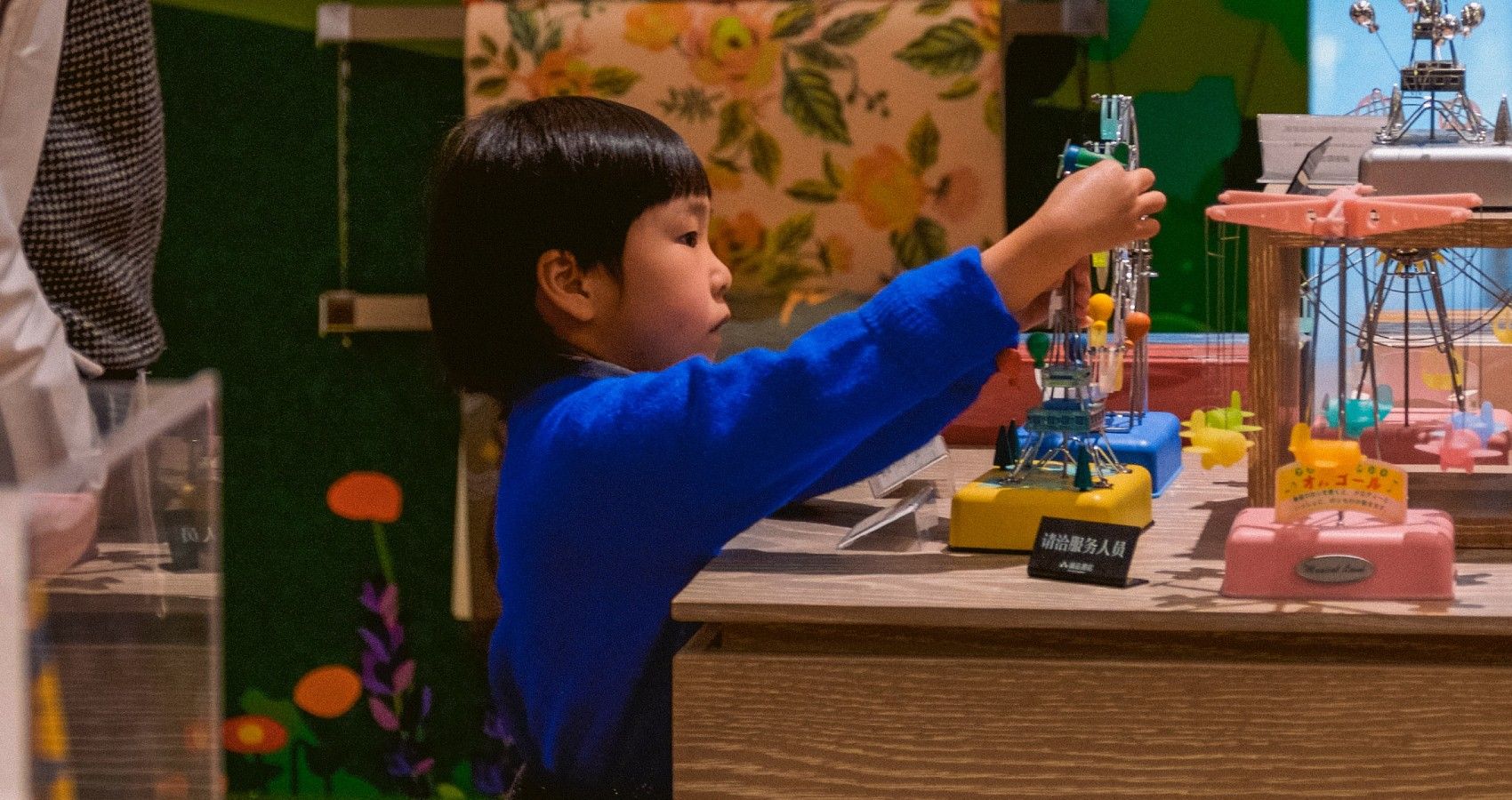A study has shown that there are many benefits to letting children take the lead. As a mother, it can almost be second nature to leap into action whenever our child needs something. This is an instinct that comes after years of asking for a drink, a snack or a problem that needs to be fixed. We take that lead role and try to help our child at the slightest inkling that they need help. However, is this what is right for child development? How much lead should parents really have, and how much should we be giving to our child?
According to Medical Press, engage parenting is helpful for children, like reading a book together, can help to build cognitive and emotional skills, but there is a limit. Too much parental direction can be counterproductive, and this was found by a new study done by Stanford Graduate School of Education, and can be viewed here.
In the study, the team of researchers watched parents’ behavior when their kindergarten-age children were engaged in an activity like playing, cleaning up, learning a new game or talking about a problem.
•Children who had parents who were more likely to step in to correct or suggest alternatives had a harder time regulating their emotions and behaviors at different times.
•They also did poorly when it came to impulse control and their ability to shift their focus between different tasks.
What is also interesting is that the researchers found this similar, no matter what position in the socio-economic status. One of the lead researchers stated that parents are not to blame for this because they have been conditioned to find ways to insert themselves. Even if their child is doing what they are supposed to be doing, parents tend to step in. However, it calls for a change, and for parents to be more mindful of their interactions with their child, and remember to step back and let them take the lead.
When we let our children take the lead, we are giving them the opportunity to practice their self-regulation skills and build a sense of independence. They build confidence in knowing that they can make choices and that they can problem-solve. This study was said to call into questioning the parenting styles like ‘helicopter mom’ and ‘lawnmower mom,’ calling for them to take a step back and let their child lead and make decisions because it may be crucial for child development.
Sources: Medical Express, Stanford

